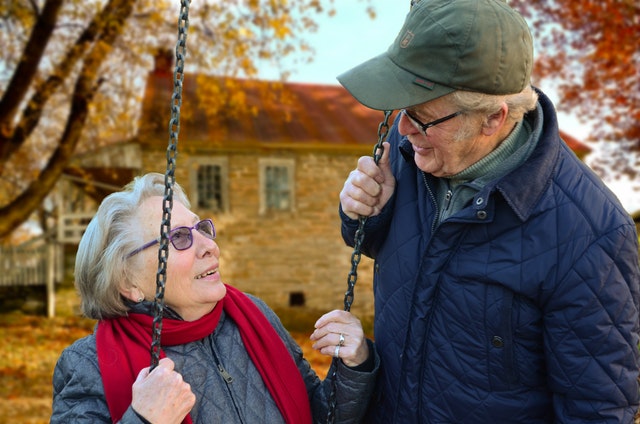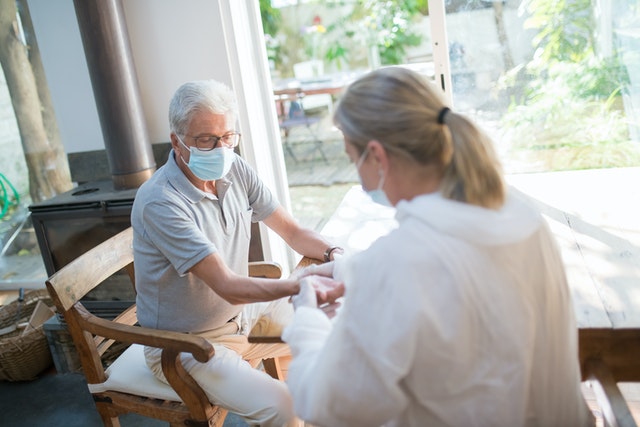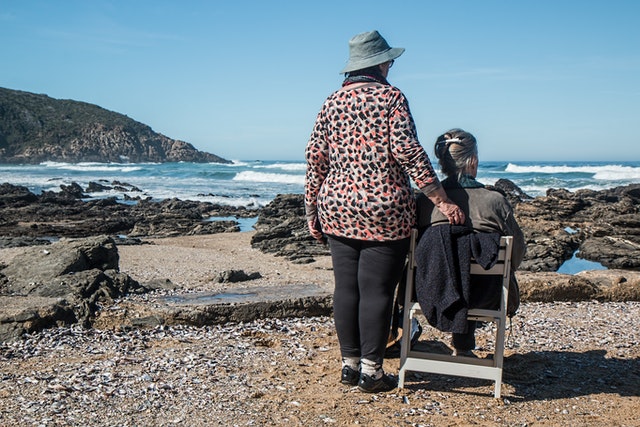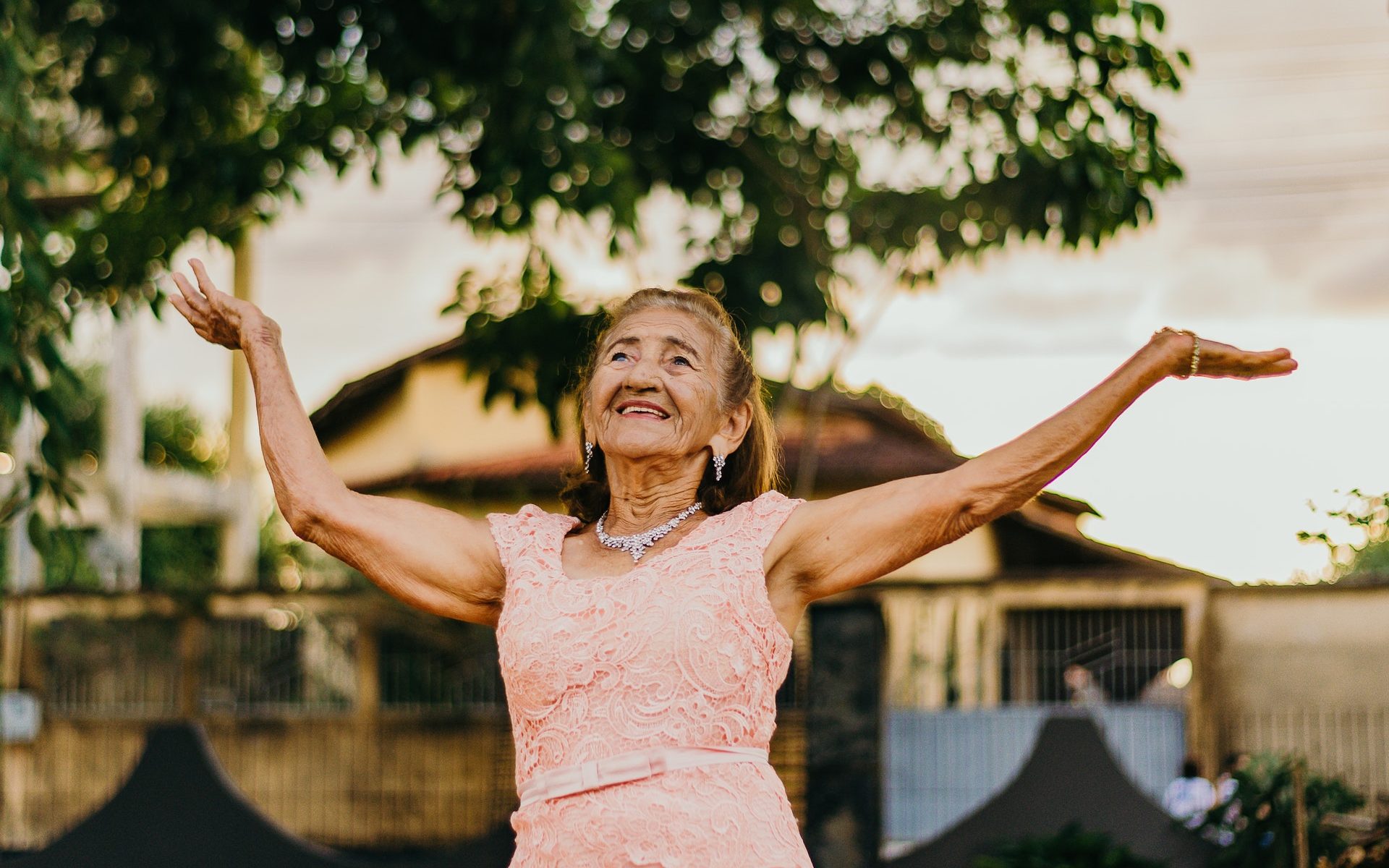Mobility is something you need to maintain as you age. Failing to focus on your mobility and to take action to sustain it means increasing discomfort and limiting independence. While regaining mobility after significant losses is challenging, you can do it, and focusing on healthy habits before losing mobility can mean you reduce the amount of decline you experience.
Staying Active To Maintain Mobility

While there is little to be done to negate natural decline, there is a lot you can do to minimize the effects. Human biology is not designed for prolonged athleticism. Your body takes on a use-it-or-lose-it approach to function as you age, meaning you need to use it to prolong mobility.
One thing many seniors overestimate is how much physical activity is necessary to repair mobility or maintain it. Experts suggest that seniors receive at least 30 minutes of moderate activity per day, including walking. Additionally, you do not have to perform that 30 minutes consecutively. You can do 15 minutes in the morning and another 15 in the afternoon or evening.
The best way to fight decline is to avoid a sedentary lifestyle. Get outside and walk. Go to the grocery store. If you can, take a yoga class. Stay active to stay healthy.
Visiting Your Doctor Shouldn’t Become Optional

Many people hate going to the doctor; the feeling can stem from a fear or anxiety issue. Visiting your doctor is one of those things that you should want to do. Granted, many people have bad memories about hospitals and doctors’ offices, but in the grand scheme, a physician is there to help improve your health and prevent future problems.
People who routinely visit with their doctors experience less preventable health disorders because these problems are typically caught early. Additionally, from a mobility standpoint, your doctor can address mobility issues early, potentially slowing or preventing significant decline.
Additionally, if you have been living a sedentary life for many years, you should speak to your physician before starting any program. Getting into a fitness regimen that your body is not ready for can do more damage than good. So, talk to a professional about where you should be starting.
Balancing and Bodyweight Exercises Might Be the Best Options

As people age, their balance tends to fade. Many seniors get into life-threatening situations because they become off-balance and fall. While medical alert devices can help and do provide life-saving services, it is best to avoid falling altogether.
Balancing and bodyweight exercises can help seniors maintain mobility, control, and confidence in their movements. Yoga, Pilates, and other activities are excellent forms of low-impact exercises that help older individuals maintain flexibility and mobility.
Finding Support and Motivation

Exercise is a challenge for anyone at any age. The primary difficulty is committing to the activity, so finding support through groups, family, or friends is often the best motivation. If you do not have family close by to support your newfound life goals, consider looking into senior centers in your area, many will offer exercise classes and groups.
Maintaining your mobility as you age should be a priority, and it essentially comes down to remaining active and healthy. Keep in touch with your doctor, find local groups, and focus on mental and physical wellness.
What are your best tips for maintaining mobility as you age?

